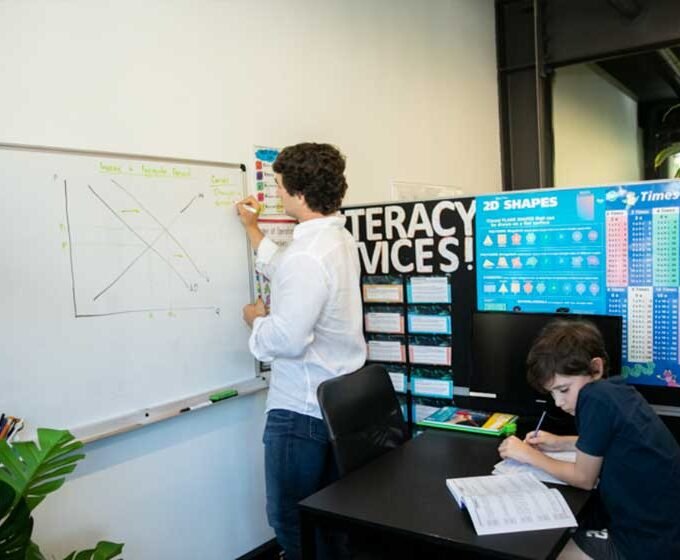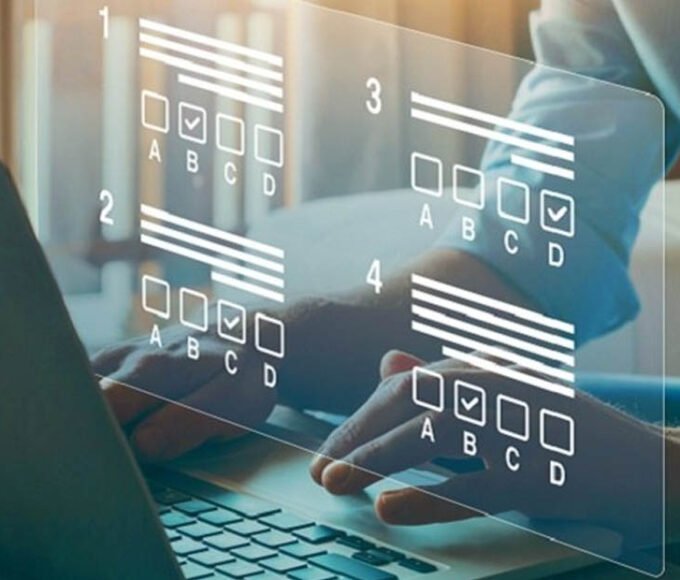In the vibrant journey of childhood development, mastering the ABCs is often celebrated as a hallmark of early learning. However, the tapestry of early learner development is woven with threads far more complex and colorful than the mere acquisition of alphabets. This developmental odyssey encompasses not only literacy and numeracy but also social, emotional, physical, and cognitive growth. Let’s dive into the depths of early learner development, uncovering the layers that support children in becoming well-rounded individuals, ready to navigate the world with confidence and curiosity.
The Pillars of Early Development
The initial years of a child’s life are akin to the foundation of a building, critical for the structure’s strength and stability. Centers focusing on early learning Chatswood and similar communities worldwide emphasize a holistic approach that nurtures all aspects of a child’s growth. These foundational pillars—social, emotional, physical, and cognitive development—are interconnected, each playing a crucial role in shaping a child’s future.
Cognitive Development: The Quest for Knowledge
Cognitive development in young learners is about much more than learning to recognize letters and numbers. It involves developing the ability to think critically, solve problems, and understand complex concepts. Through play, exploration, and guided activities, children learn to categorize, remember, and apply information, setting the stage for lifelong learning.
Social Skills: The Art of Interaction
Developing social skills is paramount in early childhood. It’s through interactions with peers and adults that children learn to communicate, cooperate, and resolve conflicts. These experiences teach them about empathy, understanding, and respect for others’ perspectives, laying the groundwork for healthy relationships throughout their lives.
Emotional Intelligence: Navigating Feelings
Emotional development is intricately linked to social skills, as it involves recognizing, expressing, and managing one’s emotions. Early educators play a key role in guiding children through their emotions, helping them understand and articulate their feelings. This emotional intelligence is crucial for self-regulation, resilience, and the ability to empathize with others.
Physical Development: The Joy of Movement
Physical development in young children is about more than just motor skills; it’s about health, well-being, and the discovery of one’s physical capabilities. Activities that promote fine and gross motor skills are essential, but so are nutrition, sleep, and overall physical care. These elements contribute to a child’s energy, focus, and readiness to learn.
Beyond the Classroom: The Role of Environment
The environment surrounding a child is a powerful teacher. Whether at home, in early learning centers, or in the community, every interaction and experience contributes to their development. Rich, engaging environments filled with books, art, nature, and interactive play areas stimulate curiosity and learning, offering endless opportunities for discovery.
The Power of Play: Learning Through Exploration
Play is the language of children, a fundamental mode through which they explore and make sense of the world. Through play, children experiment with roles, test boundaries, and use their imagination to solve problems. This unstructured, free-flowing form of learning is essential for cognitive flexibility and creative thinking.
Engaging with Technology: A Double-Edged Sword
In today’s digital age, technology plays a significant role in children’s lives. When used appropriately, it can support learning and development, offering interactive and engaging educational content. However, balancing screen time with physical activity, outdoor play, and face-to-face interactions is crucial to ensure a well-rounded development.
The Community as a Classroom
Learning extends beyond the walls of homes and schools. The broader community offers a rich tapestry of cultural, social, and environmental learning opportunities. Visits to libraries, parks, museums, and participation in community events enrich children’s understanding of the world and their place within it.
Collaboration Between Home and Educational Settings
A synergistic relationship between home environments and educational settings amplifies the impact of early learning. When parents and educators share values, expectations, and approaches to learning, children receive consistent messages and support, reinforcing their developmental journey.
Nurturing Future Ready Learners
In preparing children for a future that we can barely imagine, the focus shifts from rote learning to developing skills like adaptability, problem-solving, and critical thinking. Educators and parents play a pivotal role in nurturing these competencies, encouraging a mindset of lifelong learning.
Cultivating Curiosity and Resilience
Curiosity drives the quest for knowledge, while resilience equips children to face challenges with courage and persistence. Together, these attributes form a powerful duo that supports children in their learning journey, enabling them to navigate the ups and downs of life with confidence.
The Importance of Encouragement and Praise
Positive reinforcement through encouragement and praise boosts a child’s self-esteem and motivation. Recognizing efforts rather than just achievements helps children understand that learning is a process, and challenges are opportunities for growth.
The journey of early learner development is a complex, multifaceted adventure that goes well beyond mastering the ABCs. It’s a journey that requires the collective efforts of educators, parents, and the community to provide a nurturing environment that supports all aspects of a child’s growth. By focusing on the holistic development of young learners, we pave the way for them to become curious, resilient, and thoughtful individuals, equipped to thrive in an ever-changing world. As we continue to explore and understand the depths of early learner development, we unlock the potential within each child, fostering a future generation of innovators, leaders, and compassionate citizens.
















